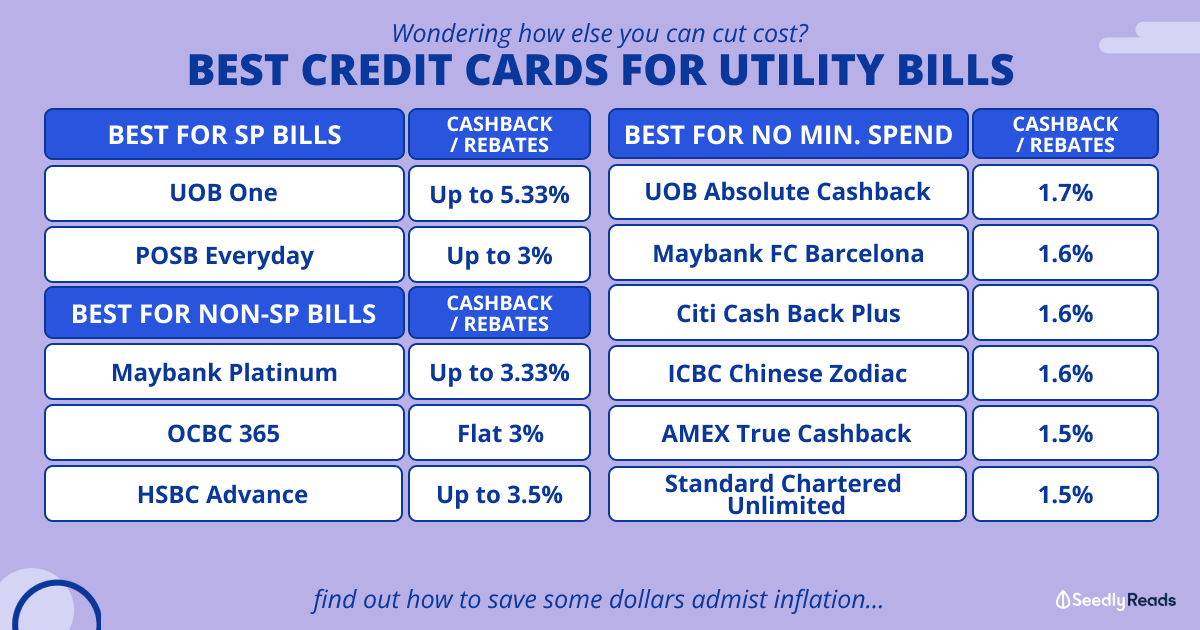Advertisement
How is the yield of T bills determined?
Hi Seedly! I understand that the yield of T bills is only determined at auction, but what are the mechanistic factors that goes into MAS formulating the cut off yield at auction?
3
Discussion (3)
Learn how to style your text
Reply
Save
Benjamin Low
24 Jan 2023
Associate Director of Sales at Manulife Financial Advisers
Hey there! The yield of Singapore Government Securities (SGS) is determined through an auction process conducted by the Monetary Authority of Singapore (MAS). The yield is the return on the investment, and it is the price at which the bonds are sold to the public, expressed as a percentage of the face value of the bond.
The MAS conducts regular auctions for SGS T-bills, which are short-term debt securities with a maturity of up to one year. The cut-off yield is determined based on the demand for the T-bills during the auction and the supply of T-bills offered by the government.
The MAS uses a multiple-price auction to sell the T-bills. This means that investors can bid at different yields, and the MAS will accept the highest bids until it reaches the total amount of T-bills it wants to sell. The yield at which the last accepted bid is made is known as the cut-off yield.
A few factors that can influence the cut-off yield are:
- Economic outlook and interest rate environment
- The government's borrowing needs
- The level of demand from investors
- Singapore's credit rating
- The level of liquidity in the market
It's worth noting that, the yield on T-bills is generally lower than that of other types of bonds because they are considered to be low-risk investments.
Since we are on this topic, just an FYI. T-bills are not guaranteed by any government or institution. They are debt securities issued by the government and are subject to the credit risk of the government.
Hope this helps!
Reply
Save
Tan Choong Hwee
21 Jan 2023
Investor/Trader at Home
Read 1 other comments with a Seedly account
You will also enjoy exclusive benefits and get access to members only features.
Sign up or login with an email here
Write your thoughts
Related Articles
Related Posts
Related Posts
Advertisement









By Market bidding on the yield amount under the compeititve allocation slot for each T bill tranche